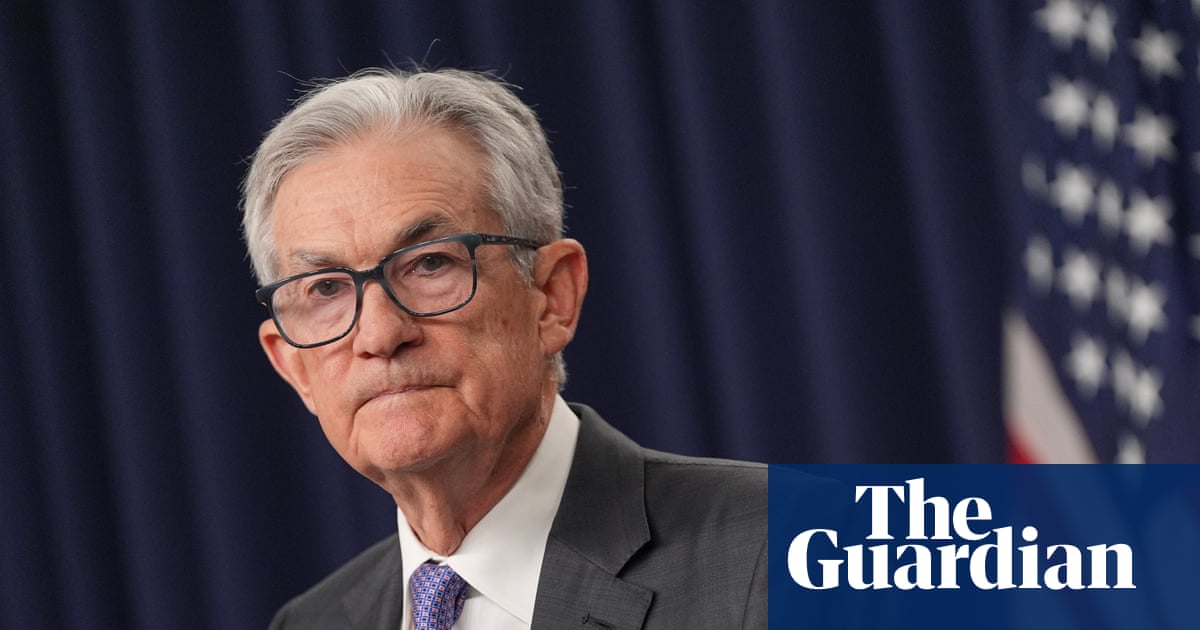The government’s evidence in the China espionage trial was missing a “critical element” that meant there was “no other option” but to collapse the case, prosecutors insisted on Monday night.
Stephen Parkinson, the director of public prosecutions, did not directly blame anyone for the collapse of the trial but said the government’s refusal to describe China as a national security threat meant “all routes were closed”.
Matthew Collins, the senior civil servant who drafted the government’s evidence, said he could not meet prosecutors’ demands because the Conservative government at that time “did not go so far as to label China a threat in the generic sense”.
He insisted that the three statements he provided detailed the “range of threats” that China poses to the UK’s economy, cyber infrastructure and democratic institutions and that he was “surprised” and “disappointed” that the case had collapsed.
Parkinson and Collins were among the senior figures giving evidence to a joint committee on the national security strategy amid the extraordinary fallout over the decision to pull charges against two British men accused of spying for China.
Christopher Cash, a former parliamentary researcher, and Christopher Berry, a teacher, both denied the charges under the Official Secrets Act.
The collapse of the trial last month triggered a prolonged blame game between the government and prosecutors about who bears responsibility. Parkinson and Tom Little, the prosecutor in charge of the case, said the evidence given by Collins was behind the decision, while Collins said he was surprised that prosecutors had decided to pull the charges.
Collins admitted that before the case collapsed, it was made clear to him by prosecutors that “they were looking for a precise formulation of words” in his statement, but insisted he could only give evidence on the basis of Tory government policy between 2021 and 2023.
However, he said he would have detailed the range of threats posed by China under cross-examination. “The way I would have answered the question under cross-examination would have been to go through all of the areas where I have specified in my witness statements … the range of threats that we see from China,” Collins told the committee.
He said he included language in his final witness statement reflecting the Labour government’s policy on the request of counter-terrorism police, and that he drew the relevant line from a minister’s answer to a parliamentary question. Collins said no political pressure had been placed on him to reflect Labour’s position and that he had never discussed the details of the case with Jonathan Powell, the national security adviser.
Parkinson said the insertion of that line, which mirrors language used to describe China in the Labour manifesto, did not contribute to the decision to pull charges. He stressed that it was what was missing from Collins’s evidence, rather than what it contained, that led to the decision.
“Ultimately, the issue in this case is that we were not able to provide the evidence to sustain the case in respect of one essential element, which was the element that China was an enemy, as was required by the statute,” Parkinson told the committee.
Asked whether he ever had “the feeling that the government wanted this case to fail”, Parkinson said: “Nothing reached me.” The DPP told peers and MPs that no “reasonable jury” could have been properly directed to conclude China was a threat to the UK’s national security.
MPs have questioned why prosecutors did not continue with the case and allow a jury to make a decision based on the charges. Parkinson and Little argued that because of Collins’s evidence, lawyers for the defence could have made a submission there was “no case to answer”, meaning the case would never have reached a jury.
Collins said the first time he became aware the trial could collapse was at a meeting with prosecutors on 3 September. Little said he had articulated prosecutors’ concerns about his evidence at a meeting on 14 August.
Asked to compare the Labour government’s policy towards China and the approach the Conservatives had pursued, Collins said there were no major differences.
“I think there are differences in points of emphasis,” he told the committee. “There are definitely differences in the language that is used. The Labour government at the moment has been quite clearly wanting to ensure that it engages with China. However, the previous Conservative government also wanted to engage with China.”

 3 months ago
45
3 months ago
45

















































